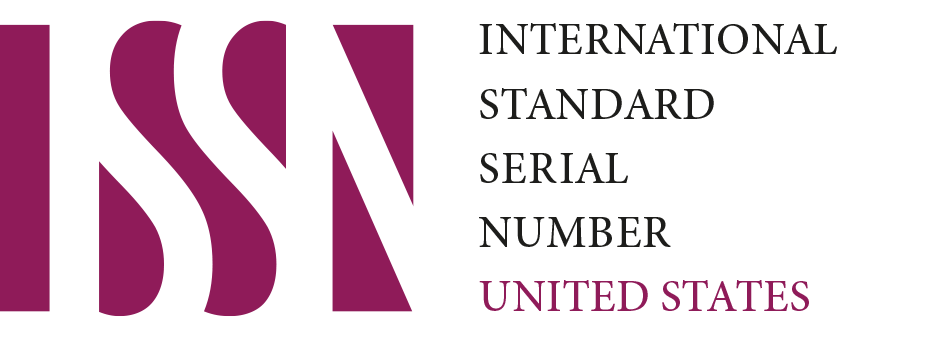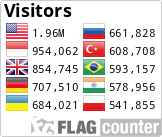The Role of Islamic Finance in Promoting Sustainable Economic Development: A Global Perspective
DOI:
https://doi.org/10.59613/global.v2i11.375Keywords:
Islamic finance, sustainable economic development, risk-sharing, financial inclusion, ethical investingAbstract
This article explores the role of Islamic finance in promoting sustainable economic development from a global perspective. Using a qualitative approach and literature review methodology, this study analyzes various scholarly sources, policy reports, and case studies to examine the principles of Islamic finance and its potential contributions to sustainable development. The research highlights how Islamic financial principles—such as risk-sharing, ethical investing, and prohibition of interest (riba)—align with the goals of sustainability by fostering financial inclusion, social equity, and environmental responsibility. Additionally, it investigates the role of Islamic financial institutions in supporting green projects, infrastructure development, and poverty alleviation efforts across different regions. While Islamic finance presents significant opportunities for advancing sustainable development, challenges related to regulatory frameworks, awareness, and integration into global financial systems remain. The study suggests that enhancing collaboration between Islamic financial institutions and international development organizations can further strengthen the role of Islamic finance in achieving the United Nations’ Sustainable Development Goals (SDGs). The findings indicate that with appropriate regulatory measures and innovations in product offerings, Islamic finance can become a key driver of sustainable economic growth worldwide.
Downloads
Published
How to Cite
Issue
Section
License
Copyright (c) 2024 Subur Harahap

This work is licensed under a Creative Commons Attribution 4.0 International License.













